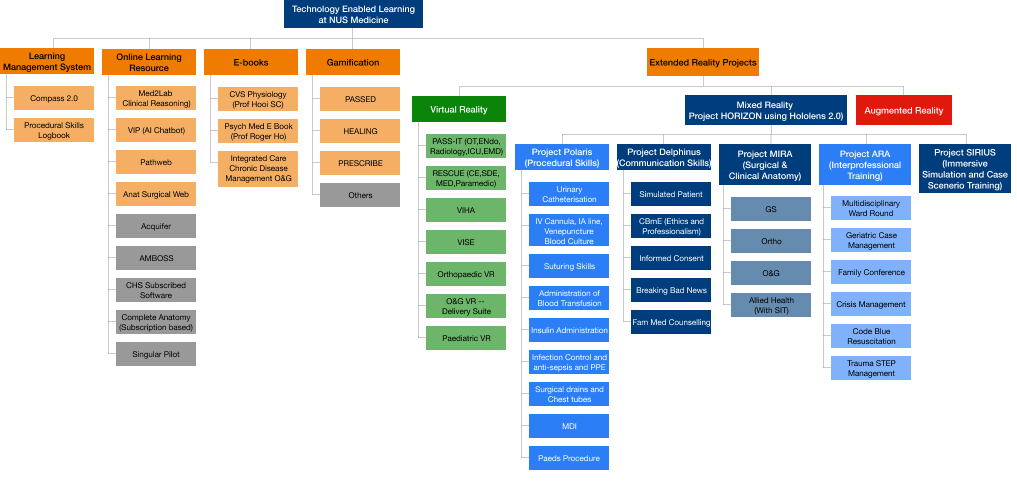-
- Bachelor of Medicine and Bachelor of Surgery (MBBS)
- Programme Information
- Application
- Minor in Biomedical Informatics
- Graduate Research Programmes
- Master of Science (MSc)
- Doctor of Philosophy (PhD)
- Graduate Coursework Programmes
- Master of Science (MSc)
- Master of Medicine
- Graduate Diploma
- Nursing Programmes
- Bachelor of Science (Nursing)
- Master of Nursing
- Postgraduate Nursing Programmes
- Minor in Integrative Health
- Learn More
-
-
- Research Highlights and News
- View Latest Highlights
- Research Programmes and Centres
- Large Collaborative Grants
- Research Centres
- Corporate R&D Labs
- Translational Research Programmes
- Core Facilities
- Researcher Development Programmes
- Find a Researcher
- Funding Opportunities
- Staff Resources
- Research @ NUHS
- Resources for Researchers and Staff
- Clinician Scientist Development Unit
- Clinician Scientist Academy
- Wong Hock Boon Society
-
-
- Academic
- Alice Lee Centre for Nursing Studies
- Anaesthesia
- Anatomy
- Biochemistry
- Centre for Biomedical Ethics
- Centre for Healthcare Simulation
- Centre for Medical Education
- Centre for Sustainable Medicine
- Diagnostic Radiology
- Division of Graduate Studies
- Division of Graduate Medical Studies
- Medicine
- Microbiology & Immunology
- Obstetrics & Gynaecology
- Ophthalmology
- Orthopaedic Surgery
- Otolaryngology
- Paediatrics
- Pathology
- Pharmacology
- Physiology
- Psychological Medicine
- Surgery
-
-
-

